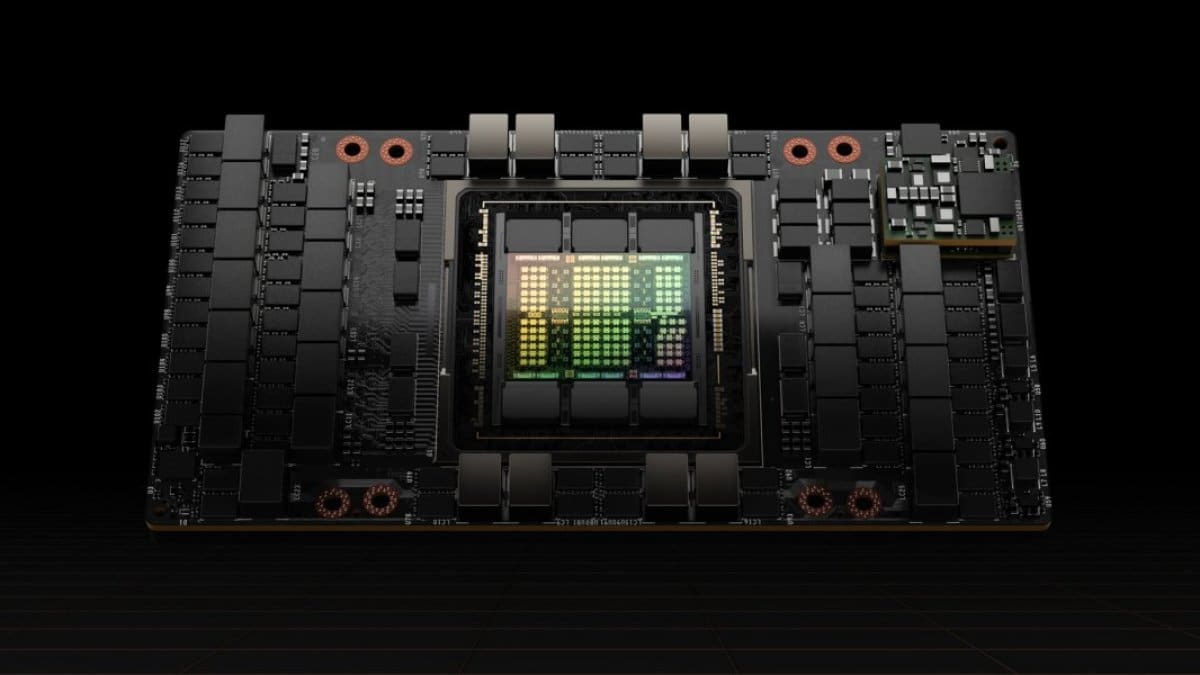The growing demand for NVIDIA’s H20 GPUs in China is reshaping the global artificial intelligence (AI) landscape. Technology giants such as Tencent, Alibaba, and ByteDance have ramped up their purchases of this graphics processing unit, designed specifically to comply with the restrictions imposed by the United States. In response to this escalation, the administration of Donald Trump has reacted with a new offensive to limit China’s access to advanced semiconductors, urging allies like Japan and the Netherlands to tighten the restrictions.
DeepSeek, the Chinese startup that worries the U.S.
Behind the rise of the H20 GPUs is DeepSeek, a Chinese startup that is revolutionizing AI by developing advanced inference models with lower resource consumption. Its impact has been significant enough to allay fears of a slowdown in demand for AI chips, something that Washington views with skepticism.
“When DeepSeek was launched, many mistakenly thought that the demand for computing power could stagnate. In reality, advanced AI models drive deeper integration into daily life, exponentially increasing the need for computing,” stated Nori Chiou, managing director of White Oak Capital Partners in Singapore.
Unlike other Western solutions, DeepSeek focuses on inference rather than training, optimizing performance with less reliance on cutting-edge hardware. This has facilitated its adoption in sectors such as education, healthcare, and automotive, with companies like Tencent and Great Wall already incorporating its models into their services and products.
China boosts NVIDIA sales, but threatens the U.S. industry
Estimates suggest that by 2024, NVIDIA will have shipped around one million H20 GPU units to China, generating over $12 billion in revenue for the company. While NVIDIA defends its success based on the competitiveness of its products, this situation has raised alarms within U.S. authorities, who view this growth as a risk to U.S. software and AI companies.
As NVIDIA seizes the business opportunity, the White House intensifies its pressure on strategic allies such as Japan and the Netherlands. According to Bloomberg, the U.S. government is seeking agreements to further restrict the sale of advanced semiconductor equipment, such as those from Tokyo Electron and ASML, which are crucial for manufacturing next-generation chips.
A new blockade on the horizon?
Washington fears that China is stockpiling H20 GPUs on a large scale in anticipation of a possible . A similar move occurred with ASML’s lithography scanners, when China was able to acquire equipment before U.S. restrictions blocked access.
If the Trump administration succeeds in aligning its partners in this new offensive, China’s access to advanced technology will be even more restricted. However, if Chinese companies manage to adapt their developments and expand their ecosystem without relying on foreign hardware, the balance of power in global AI could drastically change in the coming years.
Via: El Chapuzas informático and Xataka

